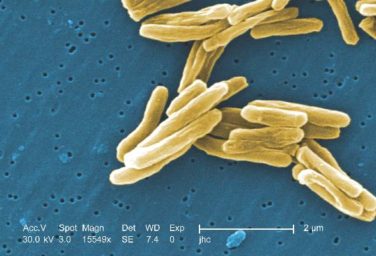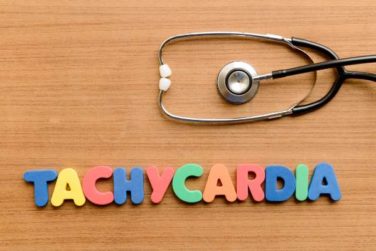AT THE LIVER MEETING 2016
BOSTON (FRONTLINE MEDICAL NEWS) – When given with ribavirin, a fixed-dose combination of sofosbuvir/velpatasvir (Epclusa) achieved a sustained viral response at 12 weeks (SVR-12) in 94% of decompensated cirrhotic patients with hepatitis C virus (HCV) genotypes 1-6 infection, according to Zobair M. Younossi, MD.
Patients with and without cirrhosis also reported meaningful improvements across a variety of outcome measures after successfully completing treatment with Epclusa or sofosbuvir (Harvoni), said Dr. Younossi of Inova Fairfax Hospital in Falls Church, Va. “Although on-treatment patient-reported outcomes improved more with ribavirin-free regimens, post-SVR improvements were similar,” regardless of whether patients had received ribavirin, he reported at the annual meeting of the American Association for the Study of Liver Diseases.
Velpatasvir is a second-generation NS5A inhibitor with activity against HCV genotypes 1-6. The current study pooled data from 1,701 patients of all HCV genotypes in the multicenter phase III ASTRAL trials. A total of 1,112 patients were noncirrhotic, 338 had compensated cirrhosis, and 251 had decompensated (Child-Pugh B) cirrhosis. Patients received 12 weeks of sofosbuvir with ribavirin (401 patients), sofosbuvir/velpatasvir with ribavirin (87 patients), or sofosbuvir/velpatasvir without ribavirin (1,213 patients). Before, during, and after treatment, patients completed the Chronic Liver Disease Questionnaire HCV (CLDQ-HCV), Functional Assessment of Chronic Illness Therapy–Fatigue (FACIT-F), Work Productivity and Activity Index: Specific Health Problem (WPAI:SHP), and Short Form–36 (SF-36).
Epclusa without ribavirin led to SVR-12 in 85% of decompensated cirrhotic patients and nearly 99% of noncirrhotic patients of all HCV genotypes, Dr. Younossi reported. For sofosbuvir with ribavirin, rates of SVR-12 were 66% in genotype 3 cirrhotic patients and 95% in cirrhotic patients of other HCV genotypes.
At baseline, cirrhotic patients scored up to 33.5 points worse than noncirrhotics on a universal 100-point scale covering 26 patient-reported domains (P less than .05 for all but 3 domains). Decompensated cirrhotics reported more baseline depression and fatigue than other patients (P less than .002 for each comparison), while patients without cirrhosis were more likely to be treatment naive and employed (both P less than .0001). But after the investigators controlled for these differences, decompensated cirrhotics who received Epclusa reported an additional 5.5-9 points of improvement in treatment-emergent outcomes than those who received sofosbuvir plus ribavirin (P less than .002). Patients with compensated cirrhosis reported 2.3-5 points more improvement in treatment-emergent outcomes on Epclusa than on sofosbuvir plus ribavirin (P less than .05). “Decompensated cirrhotics experienced the best and greatest improvement of patient-reported outcome scores during treatment with sofosbuvir/velpatasvir,” Dr. Younossi said.
Patients who received ribavirin reported similar changes across domains at the end of treatment, regardless of cirrhosis status. Among patients who achieved SVR-12, decompensated cirrhotics reported significantly more improvement 12 weeks later than did patients with less severe liver disease, although both groups showed long-term improvements (5.8 points vs. 4.1 points, P less than .05). Clearly, patients continue to report improvements in various domains as time goes on, “suggesting that all the benefit of cure is not achieved by 12 weeks of follow-up,” said Dr. Younossi.
Gilead Sciences makes Epclusa and Harvoni and funded the study. Dr. Younossi reported having no relevant financial conflicts.




